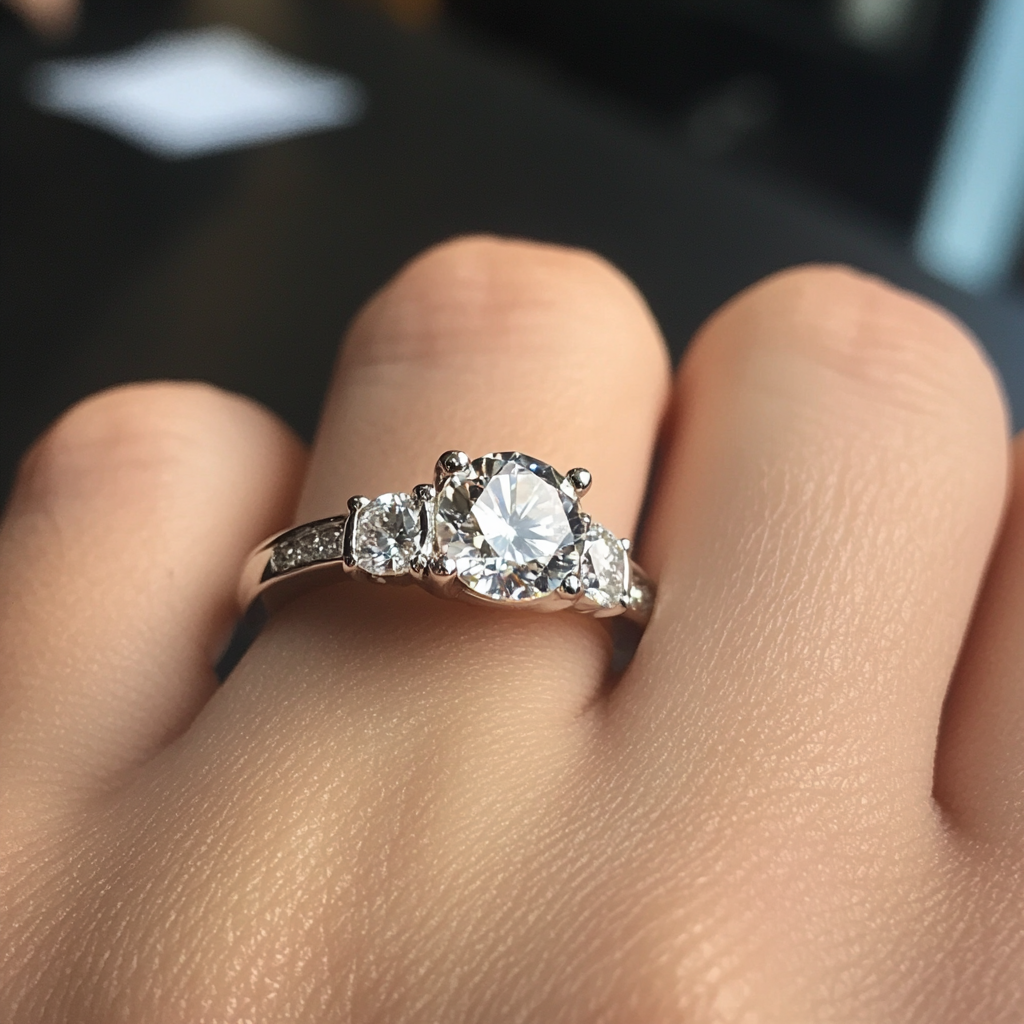If a jeweller inspects your diamond ring bought elsewhere and says he will give you some money towards your new ring which your are buying from him in return for the old ring and diamond, how much would you expect him to give in percentage to the new purchase?
Has anyone done this or does anyone know?
I expect the vendors online do not do this but just wondering if anyone has run into this with a B&M?
Has anyone done this or does anyone know?
I expect the vendors online do not do this but just wondering if anyone has run into this with a B&M?




300x240.png)